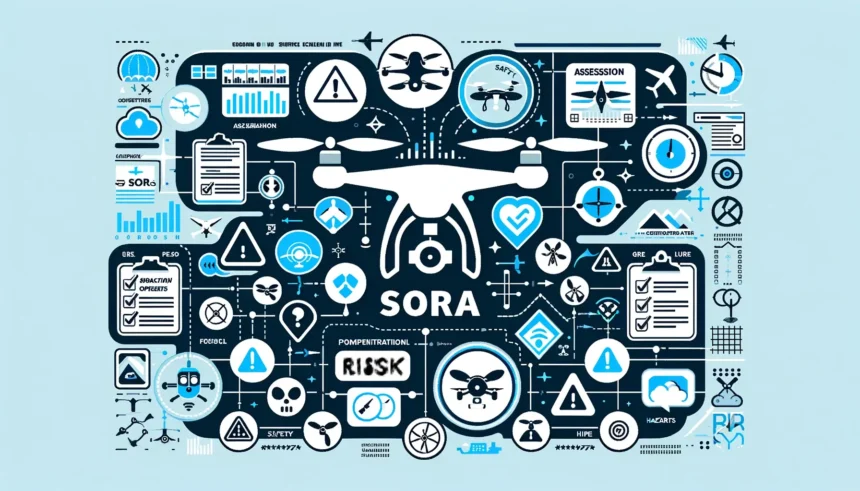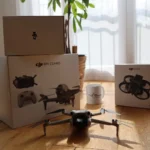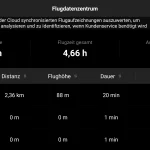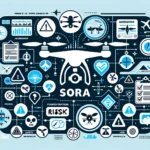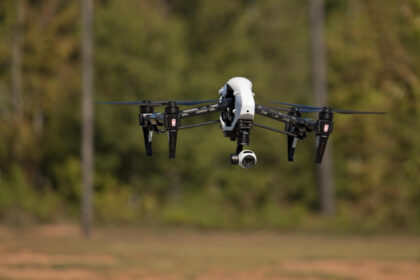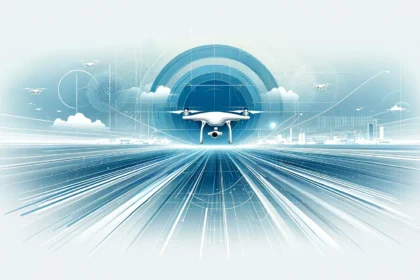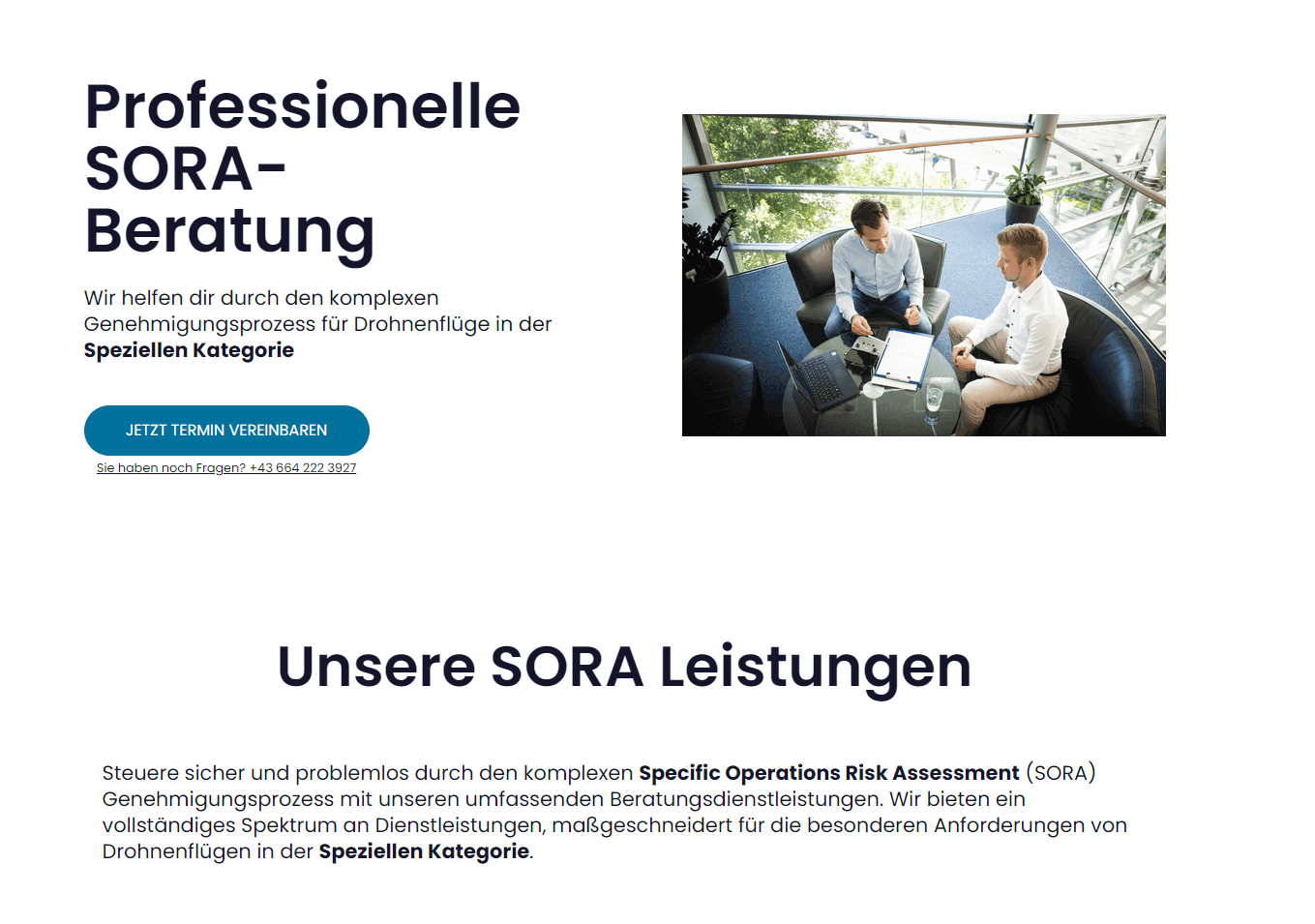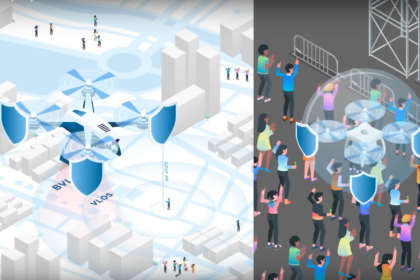Operators of drones such as the DJI FlyCart 30 and, since the beginning of this year, some self-built or existing drones require a Specific Category Operating Licence in order to fly them legally.
Now that you already know what SORA is, what it means and what you use it for (What is SORA?), in this article we will show you which requirements must be met in order to be allowed to fly SORA and which alternatives you can choose in special cases.
#1: The flight cannot take place in the Open category
“The customer is king” – this saying is probably familiar to many commercial drone pilots. Many a job involves flying close to or sometimes even over the limit, with the drone pilot and ultimately the drone operator bearing the risk. While SORA is only reluctantly considered in such borderline cases (as it is associated with considerable effort and costs), for other requirements it is often clear in advance that the flight cannot take place in the open category. This includes clear exclusion criteria.
When does my drone flight fall into the Specific Category?
- Flights over 120 m AGL (please also note the exceptions around certain infrastructure)
- Flights with drones heavier than 25 kg or above the permitted speeds
- Flights beyond visual line of sight (BVLOS flights), this also includes FPV flights if no observer is used!
- Flights over uninvolved persons with drones > 249 g
- If objects are to be dropped
If only one of the above points applies, the flight may no longer be carried out within the scope of the Open category, as the risk of the flight cannot be assessed across the board and therefore requires individual consideration. This is also the first condition for being able to apply for a flight in the Specific category.
#2: The operation does not fall into the “certified category”
While the Open category represents the beginning of the flagpole, the Certified category is the end of it. Here, drone flights are subject to the highest requirements, similar to manned aviation. It is therefore not surprising that if people are to be transported, this must take place in the Certified category.
Flights must be carried out in the Certified category if they
- take place over crowds of people, or
- involve the carriage of passengers, or
- involve the carriage of dangerous goods that could pose a high risk to third parties in the event of an accident.
- the competent authority, when analysing the risk according to the SORA process, determines that the risk can only be mitigated by certification of the operator, the UAS and, where applicable, the UAS pilot.
An interesting detail here is that the applicable safety objectives for the Certified category must be consistent with those of the Specific category. This means that if certified drones are available on the market, flights in the specific category (including medium to high risk (SAIL III to VI)) are also possible.
Quick, easy and digital for your SORA application
wingman by skyzr is the world’s first digital application for automated risk analysis for specific drone flights.

Create your fully digital SORA application and save yourself hours of researching regulations and rules. With wingman you save up to 75% of your time compared to conventional procedures.
#3 and #4: The flight is not already covered by a Standard Scenario (STS) or Predefined Risk Analysis (PDRA)
If the flight is covered by one of the two, it is not mandatory to perform a SORA. However, as the operations are very precisely defined, you must check whether it can be applied to your exact use case. If so, an application under PDRA or STS promises an accelerated application process. You can find out which STS and PDRAs already exist and what you need to bear in mind on the linked EASA homepage and in other blog articles that will follow soon.
#5: Authority-specific no-go’s
Last but not least, each authority can define specific exclusion criteria that render an application null and void, as there is no basis for an application or possibly a general ban on flying. Unfortunately, the
SORA is not a ticket for really ‘all’ operations with drones.
📝 Are you interested in an operating licence?
As experts in the field of drone regulations, we offer you customised advice on all aspects of SORA. We will help you through the complex authorisation process for drone flights in the specific category. Please contact us for a non-binding initial SORA consultation.


